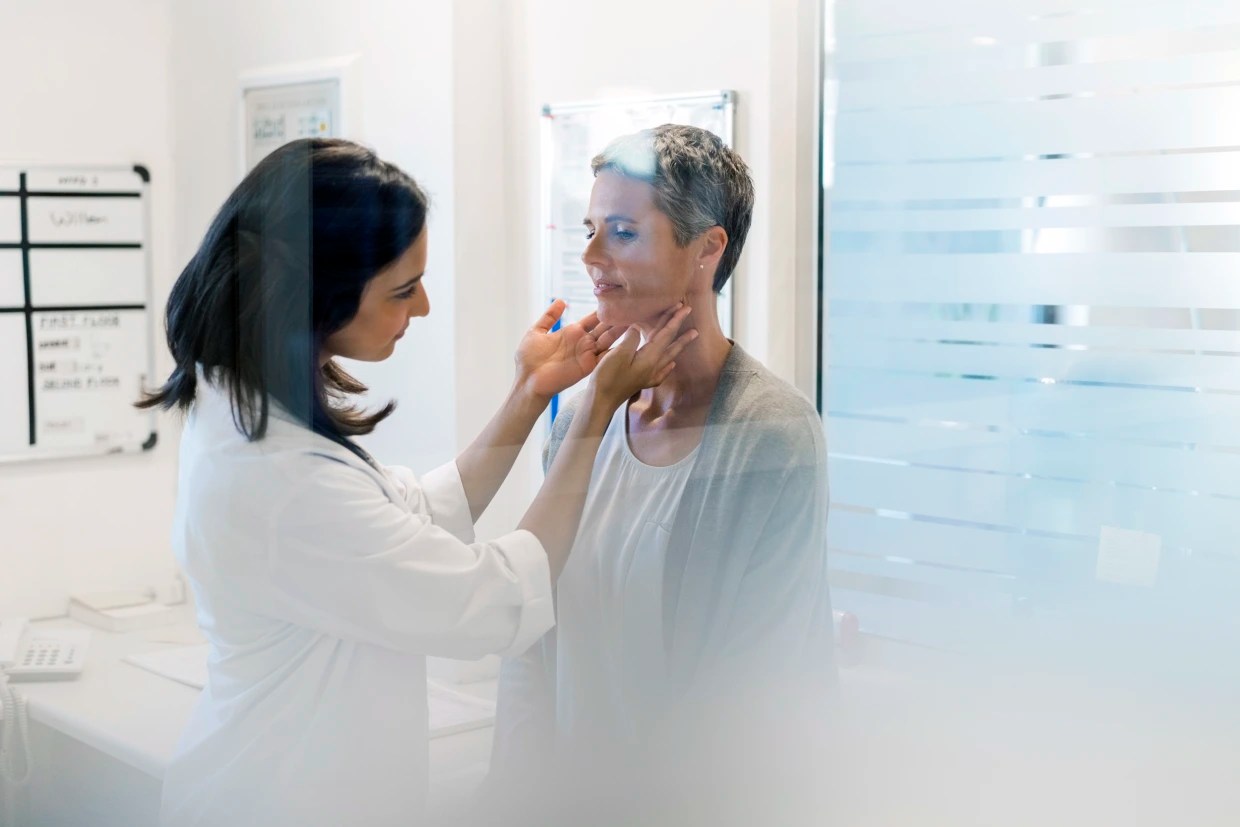Have you woken up on the wrong side of the bed for the past several months? Or just figured that the funk you haven’t been able to shake is your fault, as with everything else?
But get this: maybe it’s not.
Perhaps it’s depression -- a serious, chronic illness. And though medical experts are always giving tips on how to diagnose symptoms of depression, here are some real-life examples of people who have experienced the effects firsthand:
Angela*: “If something bad happened, even if it was minor, like if I made a small mistake at work, my day would be ruined. Just little things would turn my entire day upside down and there was no turning back. I felt worthless and that affected my job performance. My husband couldn’t understand why I brought work-related negativity home and why I couldn’t enjoy spending time with him and my kids. It was just like if my bad-day switch flipped on, there was no turning it off. Unfortunately, my bad-day switch was always on. I was like a bulb waiting to burn out. It was just a matter of time when it was going to happen.”
Paul*: “I just thought I was eating the wrong foods or not taking care of my body. I slept close to 14 hours a day and gained weight. I had no motivation to get out of bed. I don’t know. I just had no interest in anything. Like that mental fogginess you have when you wake up in the morning. And it takes maybe a half hour to shake off. I had that the whole day. I couldn’t stop thinking about my bed and comforter.”
Jean*: “I just cried all of the time. Good day at work? I cried. Bad day at work? I cried. It was really annoying and embarrassing and made me feel like I had no control over my emotions. The littlest thing set me off. I was also really agitated and snappy with people. No one really wanted to interact with me. They weren’t sure what barrage of emotions to expect.”
According to the Mayo Clinic, such symptoms like unhappiness, loss of interest, insomnia or excessive sleeping, irritability, lack of energy, feelings of guilt and bouts of crying, are all common among those with depression.
Health
Various causes can be attributed to depression, including biological factors and differences, as well as hormonal imbalances. Rates of depression are also higher among those whose family members have the illness (and especially among those whose family members have committed suicide), suggesting a genetic link. Life events or childhood disturbances can also be factors, like the death of a parent or abuse.
Additionally, you’re at higher risk for depression if you’re a woman, though rates may not be admittedly accurate as women may be more active in seeking help. People with few personal relationships, as well as people who have drug and alcohol problems, are more prone toward the illness.
Angela, whose bad-day switch was always flipped to max, finally sought help for her depression when her husband scheduled a doctor’s appointment for her. He went with her and, together, discussed her symptoms with a physician.
“I guess I didn’t want to admit that I had a problem, because I’m a control freak and thought I could just handle it. I aim to handle everything else in life so why couldn’t I handle my own mental and physical well being? I mean, it was pretty embarrassing to admit, in the doctor’s office, that I needed help. But boy, am I glad I did,” she said.
Angela’s doctor eventually diagnosed her with severe depression, the criteria of which are defined by the Diagnostic and Statistical Manual of Mental Disorders (DSM). “I didn’t realize it was that bad. It just really put things into perspective,” Angela said.
After about a year of medication and counseling, Angela has definitely noticed increased energy and feelings of happiness. “I was skeptical of medication at first, especially when my doctor told me that we would have to work together to find the right meds that worked best for me,” she said.
She ultimately reminds people with depression to be patient with themselves during treatment and that there is light at the end of the tunnel: “I’m not going to say I’m ready to skip around the block five times in utter glee, but let’s just say I can walk around the block once with a smile on my face. That’s more than I could do a year ago.”
Angela added, “Look, you just got to do it for yourself. Go set up that doctor’s appointment and just take it from there. Never mind your kids or your husband, your job or your friends. Take care of yourself and everything will follow.”
*Names have been changed.



